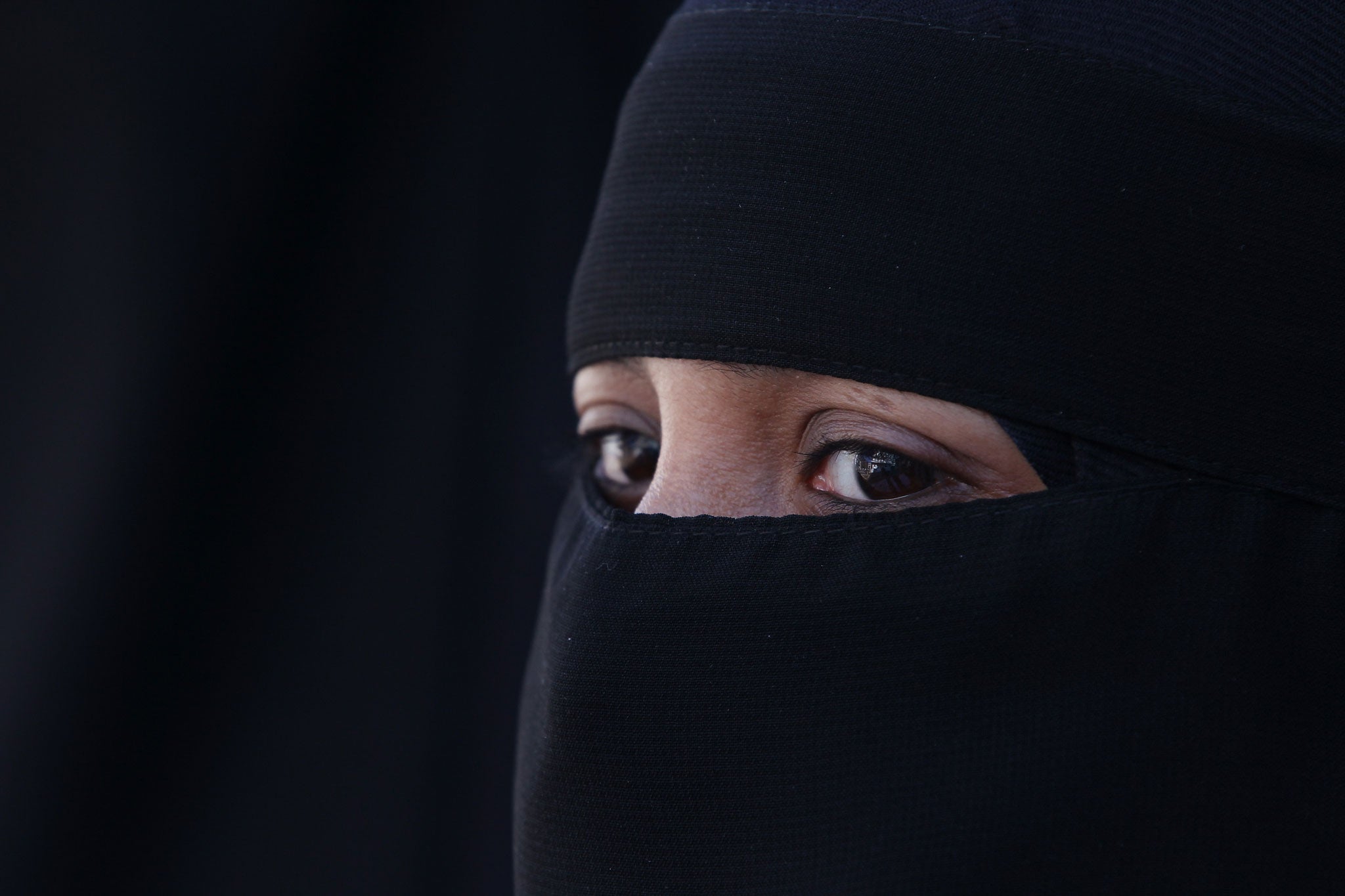Debate: Should the veil be banned in some public places?

Your support helps us to tell the story
From reproductive rights to climate change to Big Tech, The Independent is on the ground when the story is developing. Whether it's investigating the financials of Elon Musk's pro-Trump PAC or producing our latest documentary, 'The A Word', which shines a light on the American women fighting for reproductive rights, we know how important it is to parse out the facts from the messaging.
At such a critical moment in US history, we need reporters on the ground. Your donation allows us to keep sending journalists to speak to both sides of the story.
The Independent is trusted by Americans across the entire political spectrum. And unlike many other quality news outlets, we choose not to lock Americans out of our reporting and analysis with paywalls. We believe quality journalism should be available to everyone, paid for by those who can afford it.
Your support makes all the difference.
What's going on?
A judge has ruled that a Muslim woman may stand trial wearing the niqab, a full face veil, but must remove it to give evidence.
The defendant, a 22-year-old from Hackney, will now face charges of contempt of court if she refuses to remove the veil - a position she has stood by so far.
The controversial case has reignited debate over the face veil's position in contemporary, multicultural British society.
Yesterday a spokesman for David Cameron suggested support for the possibility of institutions like schools banning the niqab, while several ministers including Theresa May have affirmed their belief that the government should have no direct role in telling women what to wear. Earlier this month a Birmingham college dropped their veil ban in the face of fierce criticism.
So should British society permit regulation against the veil?
Arguments in favour
Certain roles require faces to be seen; so pupils should be able to meet their teachers face-to-face, and juries should be able to see a witness give evidence.
We are expected to follow the rules of the countries we live in and their institutions. Why should observant Muslim women be exempt from this expectation?
The veil has been called a symbol of oppression, as such, the state should not aid and abet its use.
Arguments against
Moves to ban the niqab are rarely just about the niqab, they are intended instead to suggest that Islam is incompatible with British society.
In fact, Britain has a tradition of religious tolerance - forcing people not to wear the niqab jars with this principle.
The wearing of the veil is of huge importance to individual Muslim women. Such feelings must be considered.
Join our commenting forum
Join thought-provoking conversations, follow other Independent readers and see their replies
Comments